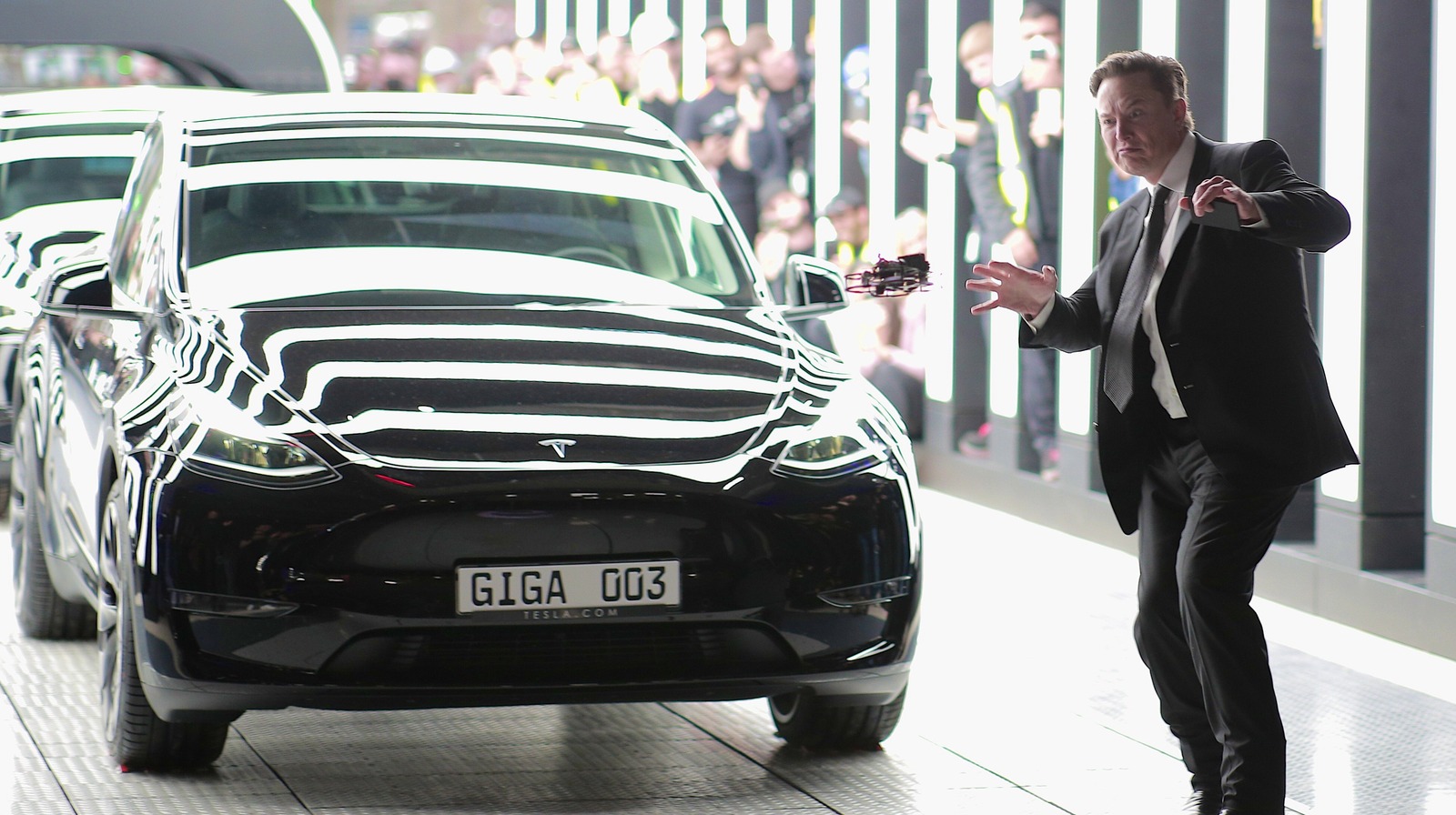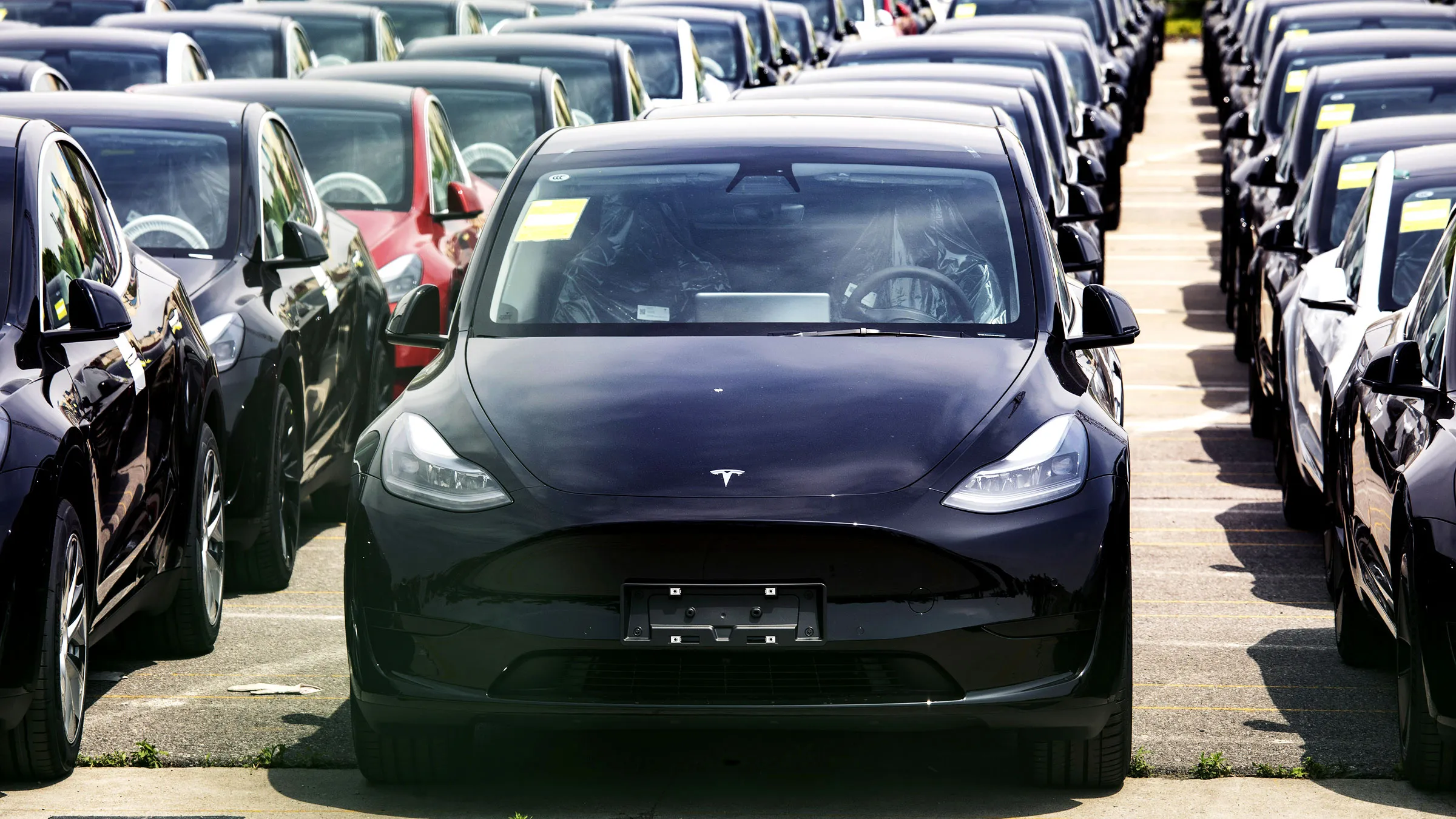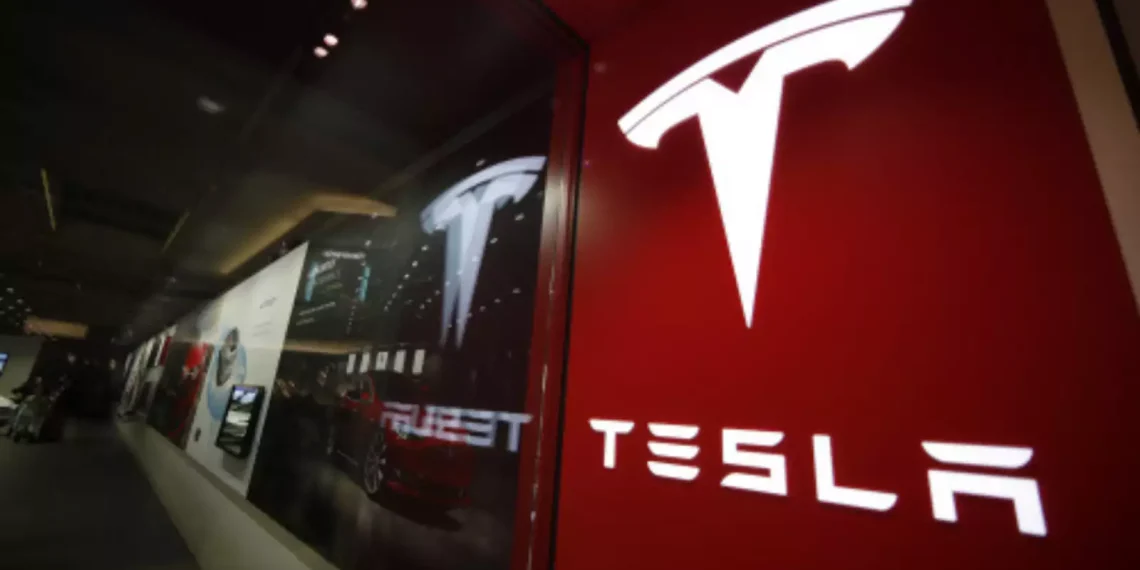Elon Musk‘s aspiration to democratize electric vehicles (EVs) akin to Henry Ford’s Model T has encountered a twist. Musk refuted these claims, alleging misinformation without specifying inaccuracies.
The uncertainty surrounding Tesla’s strategy adjustment poses dilemmas for prospective EV buyers and policymakers under the Biden administration. The International Council on Clean Transportation underscores the necessity for diverse EV models at varying price points to catalyze the transition to electric mobility.

Despite declining EV prices in the U.S., they still exceed the average transaction price for new vehicles by approximately $5,000. Musk’s initial goal of offering a $25,000 Tesla aimed to disrupt the market, but Tesla’s focus on premium features allowed it to maintain higher price points.
Some industry experts advocate for Tesla’s positioning in the upper market segment, akin to Apple’s strategy with premium products.
While China offers lower-priced EVs, their limited range and features hinder their appeal in Western markets.
Chinese automakers pose a competitive threat globally, prompting Ford’s CEO to strategize a response with a California-based low-cost EV project.

Both President Biden and former President Trump have expressed intentions to curb Chinese vehicle imports due to security concerns. However, without affordable EV options, the Biden administration’s goal of achieving over 50% EV sales by 2030 may face obstacles.
The dwindling availability of low-cost vehicles extends beyond EVs, with sub-$20,000 new vehicle sales comprising a mere 0.4% of the market last year. General Motors discontinued its affordable EV, the Chevrolet Bolt, further exacerbating the issue.














